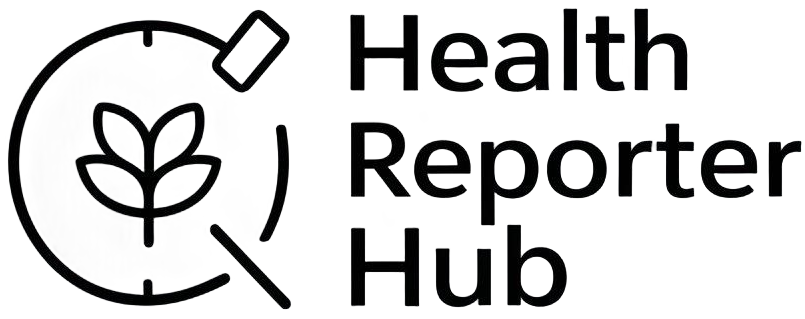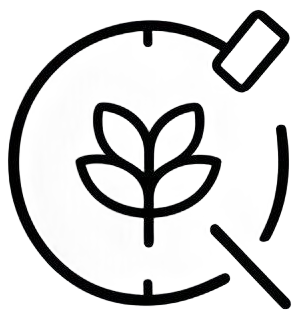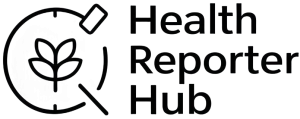
Cotton is widely recognized as a key material in textile manufacturing, particularly for producing yarn. Among various fibers, cotton is regarded as the most essential, making it a highly treated fiber. Cotton fibers grow around the seeds of the cotton plants, which belong to the mallow family in the order Malvales.
Plants from the Malvales order are well-known for their fiber production, but they also have other significant uses. The seeds, leaves (the focus here), and bark of these plants are employed for medicinal purposes.
Cotton plants, known scientifically as Gossypium, are often associated with their seeds, yet the leaves of the cotton plants, commonly referred to as cotton leaves, offer remarkable health benefits. Below, we explore these benefits and the nutritional value of cotton leaves:
Nutritional Values of Cotton Herbs
In every half-cup (118 g) of cotton leaves, you’ll find:
- 277 calories
- 7g total fat
- 501mg sodium
- 908mg potassium
- 38g total carbohydrates
- 8g dietary fiber
- 19g sugars
- 25g protein
- 15% vitamin A*
- 113% vitamin C*
- 57% calcium*
- 40% iron*
The leaves also contain mucus, tannins, flavonoids, essential oil, and other beneficial substances.
*Percent daily values are based on a 2,000-calorie diet. Individual needs may vary.
Health Benefits of Cotton Herbs
- Treatment for Respiratory Diseases
Cotton leaves have been traditionally used as herbal medicine for respiratory ailments such as asthma, bronchitis, coughs, throat infections, and emphysema. The leaves’ mucus content helps protect and heal the mucosa of the upper respiratory tract. Cotton leaf tea, prepared by soaking the leaves in slightly warm water, can be an effective remedy for coughs and similar conditions. - Wound Healing and Mucus Membrane Treatment
The mucus in cotton leaves also aids in healing wounds and treating inflammation in the upper respiratory organs, stomach, and intestines. - Herbal Treatment for Skin Issues
Cotton leaves can be used to treat various skin problems, including wounds, boils, rashes, insect bites, pimples, eczema, acne, and swelling, due to their astringent, antibacterial, and anti-inflammatory properties. - Benefits for Breastfeeding Mothers
Consuming cotton leaf tea is believed to help increase breast milk production. - Healthy Food Source
Cotton leaves are edible and can be added to salads or other dishes. They are also available in some canned food products. - Alternative Medicine for Various Ailments
Besides respiratory and skin issues, cotton leaves can serve as alternative herbal remedies for conditions such as gallstones, kidney stones, kidney inflammation, headaches, constipation, gastritis, toothaches, and insomnia.
Medical Uses of Cotton Herbs
Beyond textile production, cotton leaves have significant medicinal uses. They are particularly effective in treating respiratory diseases like asthma, bronchitis, and coughs. Cotton leaves also benefit nursing mothers by promoting breast milk production and serve as a remedy for skin problems, a healthy food source, and a treatment for various other ailments.
Cautions When Using Cotton Herbs
The safe dosage of cotton leaves is still under study and may vary depending on factors like individual health and age. It is recommended to consult with medicinal plant experts before use, with a suggested dose of 5 grams per day in infusion form. Although there are no reports of poisoning or significant side effects, large doses might have a laxative effect and cause diarrhea. Interaction with other medications has been noted, so it’s advisable to consult a doctor before combining cotton leaves with prescribed medicines. Pregnant women should avoid consuming cotton leaves as a precautionary measure.
Always use herbal remedies, including cotton leaves, responsibly to avoid potential adverse effects.


